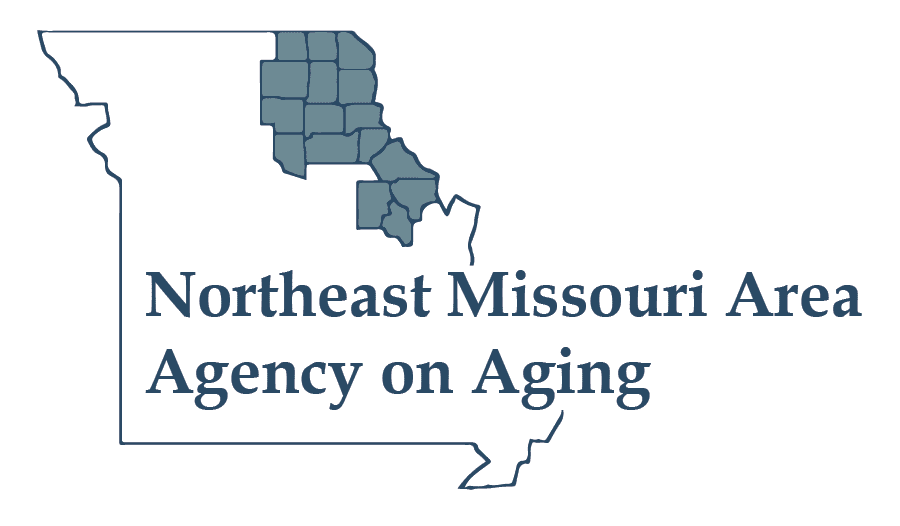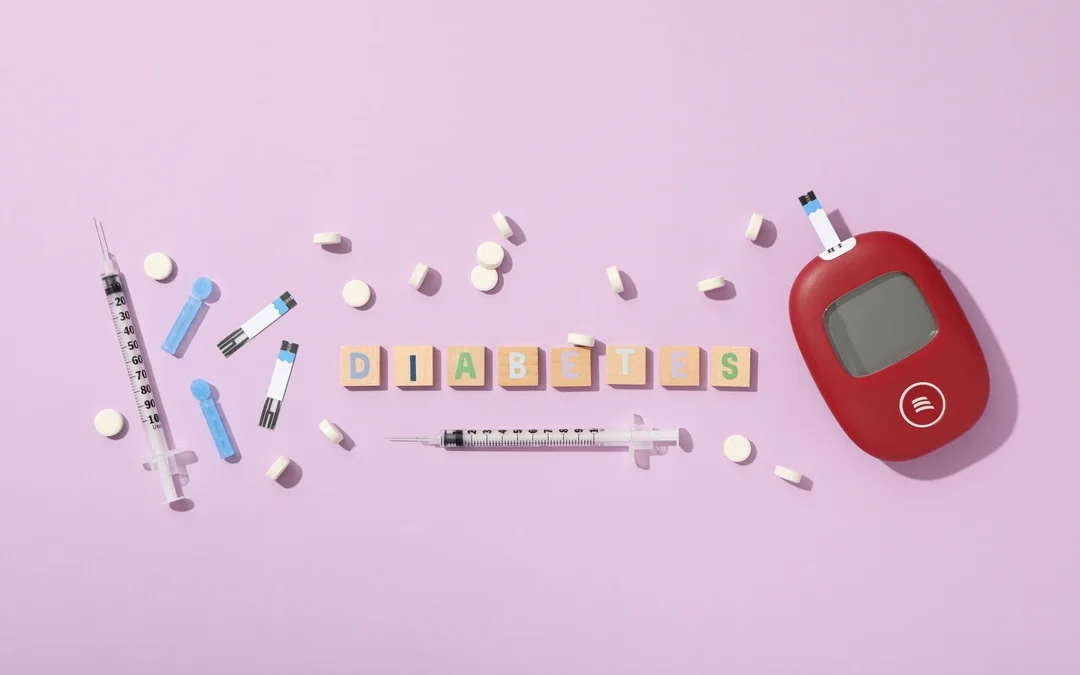Diabetes, a silent yet serious disease, has been a constant companion to many for centuries. It affects how your body produces or uses insulin, a hormone that helps regulate blood sugar levels. For seniors, understanding diabetes is necessary, as it can significantly impact their health and quality of life.
As we approach Diabetes Awareness Month, let’s explore the intricacies of this disease and how seniors can navigate its challenges.
What Is Diabetes?
Diabetes is when the body has difficulty processing glucose, a type of sugar that is a primary energy source. The two most common forms of diabetes are Type 1 and Type 2.
- Type 1 diabetes occurs when the body does not produce enough insulin to convert glucose into energy. This type is less common and typically diagnosed in children or young adults.
- Type 2 diabetes, the more prevalent form, arises when the body becomes resistant to insulin or fails to produce enough. This type is often linked to lifestyle factors such as obesity, inactivity, and poor diet.
Risk Factors for Seniors
As people age, the risk of developing Type 2 diabetes increases. Several factors contribute to this heightened risk:
Age
Aging cells may become less efficient at processing insulin, leading to higher blood sugar levels.
Weight
Excess body weight, particularly around the abdomen, can increase insulin resistance.
Inactivity
A sedentary lifestyle contributes to weight gain and worsens insulin sensitivity.
Family History
A genetic predisposition can play a role; seniors with a family history of diabetes should be particularly vigilant.
Other Health Conditions
Conditions such as high blood pressure and high cholesterol can further increase the risk of developing diabetes.
Recognizing Symptoms
Awareness of diabetes symptoms leads to timely diagnosis and intervention. Common signs include:
Frequent Urination
Increased urination is often an early sign as the body tries to eliminate excess glucose through urine.
Excessive Thirst
As the body loses fluids, seniors may feel an unquenchable thirst.
Fatigue
Constant tiredness can occur because the body isn’t utilizing glucose effectively for energy.
Blurred Vision
Fluctuating blood sugar levels can affect vision, leading to temporary blurriness.
Slow-Healing Wounds
Diabetes can impair circulation and delay healing, making it integral to monitor any cuts or sores.
If seniors experience these symptoms, they must consult a healthcare provider for proper evaluation.
Health Implications
Living with unmanaged diabetes can cause serious health complications, especially for seniors. It increases the risk of heart disease, stroke, kidney damage, nerve pain (neuropathy), and vision problems like cataracts or glaucoma. Poor circulation may also cause foot ulcers and infections. Recognizing these risks encourages healthier habits for better management.
Managing Diabetes
Effective diabetes management requires lifestyle changes, regular check-ups, and education. Seniors should follow a balanced diet, exercise for at least 150 minutes weekly, monitor blood sugar levels, adhere to prescribed medications, and seek diabetes education and support for better health outcomes and to prevent complications.
By recognizing the risk factors, symptoms, and potential complications, older adults can make informed choices to manage their diabetes effectively. Embracing a healthy lifestyle and maintaining open communication with healthcare providers can lead to a healthier, more fulfilling life. At NEMO AAA, we encourage seniors to lead a healthier, independent life. Reach out today to explore our programs and services designed to help you gain confidence.

